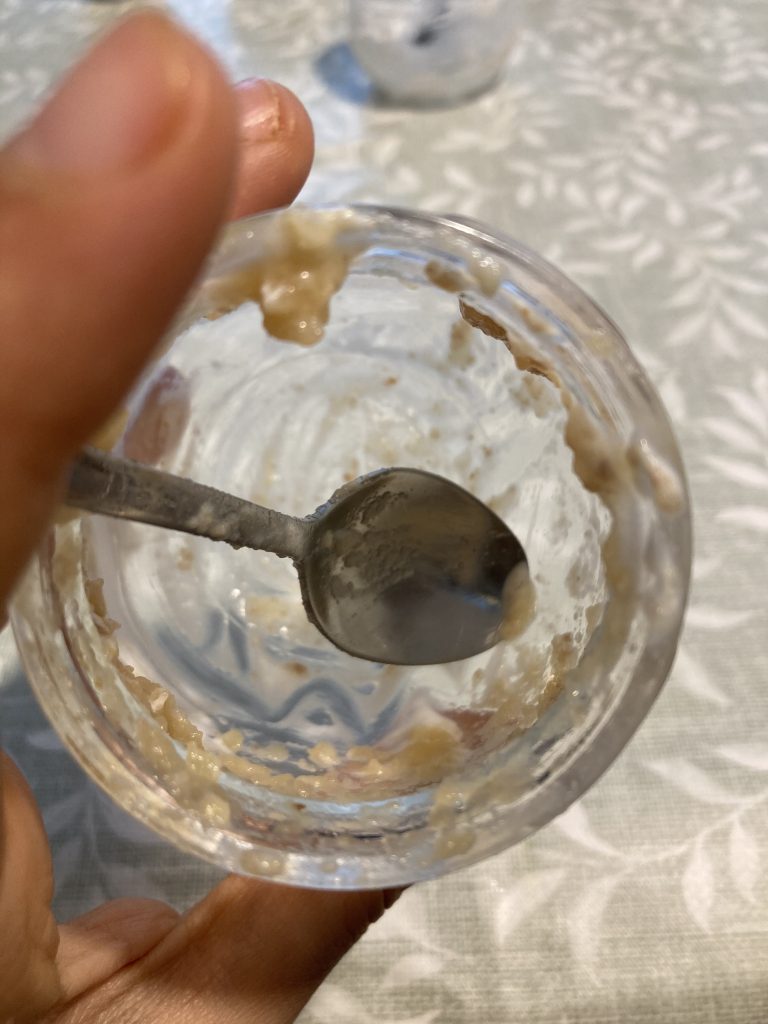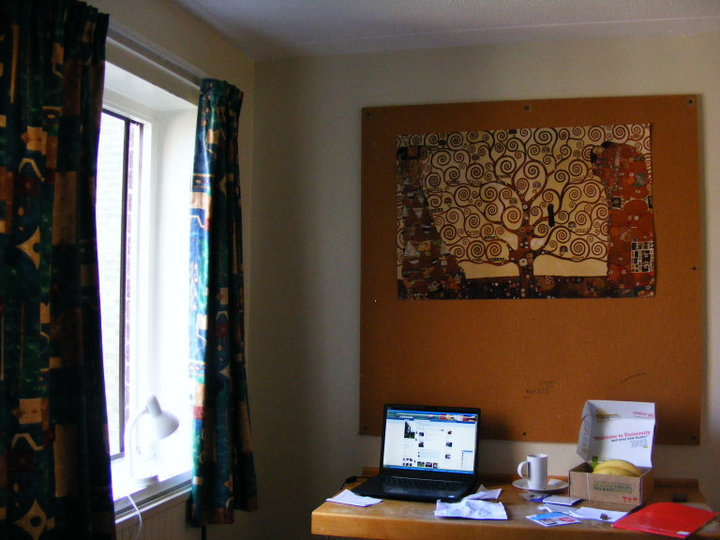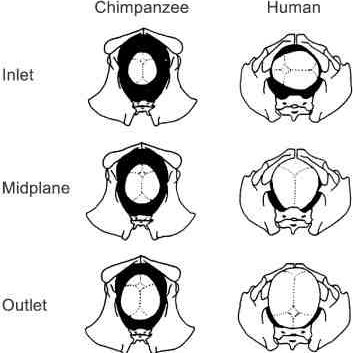I don’t have a very good long-term memory, but some snapshots stay with me vividly. Fifteen years ago, I flew to London with a suitcase almost as big as me. My best friend came along. We spent a few days in the city, during which we visited the mesmerizing Kew Gardens for the first time. Then she went back home to Porto, and I went to King’s Cross to catch a train to Leeds, where I was going to spend a semester at university. I was nineteen.
At the station, I remember struggling up and down the escalators with my luggage and being naively appalled at the total lack of empathy from fellow commuters. Only other immigrants like me would eventually stop to help. When I got to Leeds, I had to find my way (without a smartphone) from the station to the place where I was staying, on Chestnut Avenue, about a 3 km walk away. I’m not sure how, but I made it, and I was able to meet my couchsurfing host. Yes, couchsurfing. Is that still a thing? Do people still host strangers just for the fun of it? Of course, my parents knew nothing. They thought I’d be staying in the university residence from day one.
My host was a guy in his late 20s who’d been a student at Leeds Uni for years but seemed to spend most of his time getting high and making electronic music. He lived in an old Victorian back-to-back house with several other people. I’m not sure he even knew how many. The house was in a classic working-class neighborhood dating back to the Industrial Revolution, north of the university, with a reputation for being rough, I later learned. I remember seeing pairs of sneakers hanging from the power lines, but I didn’t know what it meant back then. The house itself was the dirtiest place I have ever seen in my life. Like any good English host, this guy offered me a cup of tea, which I politely accepted. I regretted it 30 seconds later though, when I saw him rummaging through a mountain of week-old dirty dishes looking for a clean mug. It was hard to find a patch of clean floor to step on. I remember walking with him to the nearest Co-op supermarket to buy eggs for dinner. We ate, then they held a strange jam session in the living room (in retrospect, I’m pretty sure everyone but me was high), and then I went to bed. I felt scared and lonely. I called my parents from bed, still not telling them the truth about where I was, and pretended everything was fine, when all I really wanted to do was cry.
A few days later, I checked into the old St. Mark’s residences, which have since been replaced by modern buildings. At the end of the street stood a church, its clock tower visible from my room. But the real center of life on that street was The Eldon, the pub across from the University’s Engineering building. That’s where most international students gathered, even standing outside in the freezing cold as if they were out in Valencia for botellón. I met many good friends there: mostly Polish, German, French, Spanish, and Italian. Despite our differences, it was easy to bond. Much easier than with our English peers, whose idea of fun was often to stumble out of a club at 1 a.m. completely drunk and start a fight at McDonald’s. I’m generalizing, of course, and we did our share of partying too, but the definition of a good night out was clearly different. The same went for food. I remember one night when we made what must have been hundreds of delicious pierogies. I also remember preparing a budget version of francesinha for everyone. Fun fact: I didn’t have much money, and I didn’t want to live on Meal Deals every day, so one of my go-to meals was a can of “Portuguese sardines” from Morrisons with boiled potatoes and broccoli.
University itself was a whole new world to me. Getting to know a proper campus, with a library where you could actually find several copies of the right books, and lectures that didn’t feel like high school classes, was a revelation. I remember walking into a lecture on 19th-century British history and leaving feeling like the most ignorant person alive. I ended up switching that module for another one called “Behind the Iron Curtain: East-Central Europe 1939–89” with Dr. Mark Smith, now a professor at Cambridge. This was possibly the most eye-opening formal learning experience of my life. I worked hard, read a lot, and managed to come away with an upper second-class mark and a much richer understanding of Europe, its victories and its traumas, and how radically different historical experiences in different countries have one thing in common: people’s relentless love of freedom.
That winter, it snowed heavily. We had a few quintessentially British experiences: drinks at Wetherspoons, meals at the local Lebanese place. My one and only British friend took me to a pub in Liverpool where I didn’t understand a word anyone said. I visited the stunning city of York and went to the Christmas Market in Edinburgh, where I felt deeply nostalgic, wishing that my parents, who had never really traveled abroad, but worked hard so that I could, could be there with me.
It’s been fifteen years, and I haven’t been back since. But I will – who knows, to have a pint at The Eldon with my own university-aged kids.


